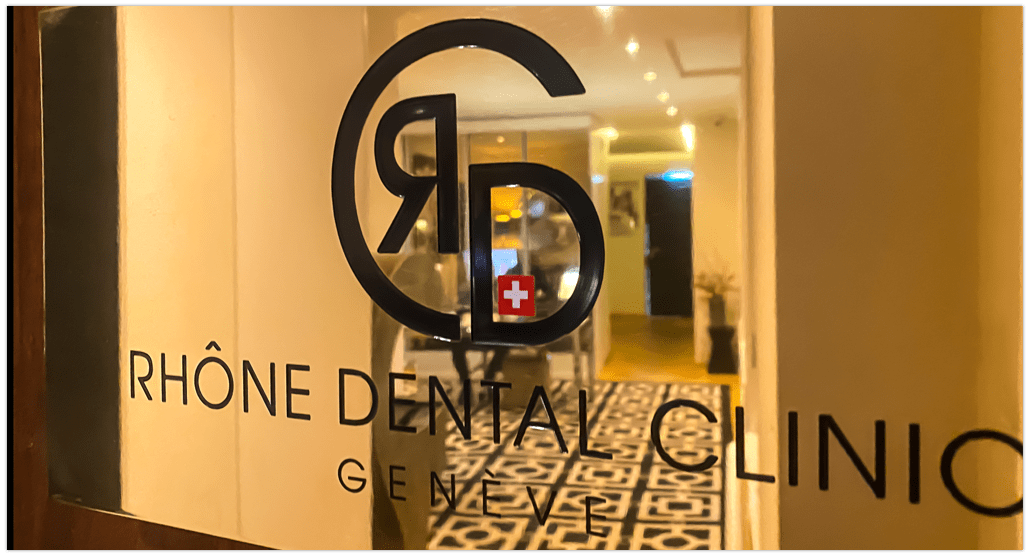Periodontology
What is periodontology ?
Periodontal diseases are inflammatory diseases, of infectious origin, multi-factorial (multiple causes), characterised by a disruption of the oral flora balance.
These multiple causes can be: diseases (diabetes), stress, anxiety, hormonal imbalance, smoking, insufficient oral hygiene, etc.
This disturbance of the natural balance “good bacteria / bad bacteria” will be at the origin of inflammatory manifestations: redness, pain and bleeding of the gums, even mobility of the teeth.
This is how periodontal diseases are established: gingivitis (damage to the gums), and periodontitis (damage to the tissues supporting the tooth: bone, alveolar-dental ligament and cementum). This results in what is known as a “periodontal pocket”.
Prevent gum problems and the risk of tooth loosening.
Rhône Dental Clinic adapts to the most demanding schedules and private requirements of each patient. We guarantee a rigorous punctuality and offer an emergency service in case of necessity.
Treatment of periodontal disease
The periodontologist (dental doctor specialising in the tissues that support the teeth), with the precious help of his team of dental hygienists, will work to re-establish this lost balance and thus stop the progression of the disease or even rebuild what has been lost.
This treatment takes place in several stages :
1. Consultation
Consultation with the specialist to make an accurate diagnosis (stage of the disease) at the first signs of inflammation.
2. Treatment plan
Establishing a treatment plan for :
- Understand periodontal disease
- Determine the etiology, i.e. the cause of the disease
- Begin the initial phase of management
3. Consultation with the dental hygienist
- Teaching hygiene measures to restore good “plaque control”
- Cleaning accessible dental surfaces above the gums
4. Treatment with the periodontologist
- Cleaning diseased tooth surfaces that are not accessible to either hygiene or the hygienist
- Sometimes regeneration techniques (rebuilding what has been lost of tooth supporting tissue) and periodontal “pocket” surgeries
5. Follow-up
Essential for maintaining oral health, consisting of regular check-ups with our team of periodontal health professionals.
Rhône Dental Clinic protocols
Periodontal decontamination
In the treatment of periodontal disease, we are often faced with periodontal pockets (loss of gum attachment to the tooth, creating a reservoir for bacteria), furcation damage (loss of bone between the roots of the teeth), or periodontal abscesses.
Gingival smile
The “gummy smile” is when too much gum is uncovered by the upper lip and the tooth-to-gum ratio is not considered aesthetically pleasing: too much gum, or not enough tooth.
Platelet rich fibrun or prf
Platelet-Rich Fibrin”, a technique widely used in aesthetic medicine, anti-aging or in the regeneration of living tissue, is a membrane rich in growth factors, a real platelet concentrate, which ensures optimal healing of the surgical site.
Periodontal recession and regeneration
Periodontal recession is the famous “loosening” of the teeth. The gums tend to recede, leaving a larger part of the dental crown exposed, and sometimes even the root of the tooth.
Medical approach to periodontal disease
At the Rhone Dental Clinic, beyond a purely oral approach to the management of the disease, we go to the end of the investigation and do our utmost to look for all the risk factors of these systemic diseases, which share a cluster of common co-factors.
The associated risk factors will be, for example, cardiovascular pathology, lichen planus, bullous disease, Crohn’s disease, rheumatoid arthritis etc. The common factor in these systemic diseases? Chronic inflammation, as in periodontal disease. That is to say, active, continuous inflammation generating oxidative stress.
The link between oxidative stress and periodontitis has been demonstrated: decrease in antioxidants (AO), increase in free radicals (LR). The more severe the damage, the greater the difference between the two factors. This is a way to follow the evolution of periodontitis.
The production of ROS (Radical Oxygen Species) and RNS (Radical Nitrogen Species) is normal for all organisms living in aerobic conditions and does not in itself constitute an oxidative stress situation.
Oxidative stress becomes a pathological situation as soon as the protective system is overwhelmed by ROS and RONS, in other words when there is an imbalance in the “free radicals – antioxidants” balance at the cellular level, resulting in tissue destruction. This oxidative stress caused by chronic inflammation will also modify the immune response, making it less effective.
Periodontics is no exception to the rule ! A simple oxidative stress blood test or a saliva test will be of great help in the management of the pathology to measure the markers of this stress (glutathione, superoxide dismutase, vitamin C, bilirubin, uric acid, thiols, etc.) and to highlight the proven AO/RL imbalance.
It is therefore important to have a good supply of proteins, vitamins and anti-oxidants so that the free radical/antioxidant ratio is always favourable, thus avoiding the onset of diseases. To this end, nutritional advice can sometimes be given as part of the treatment of periodontitis.



